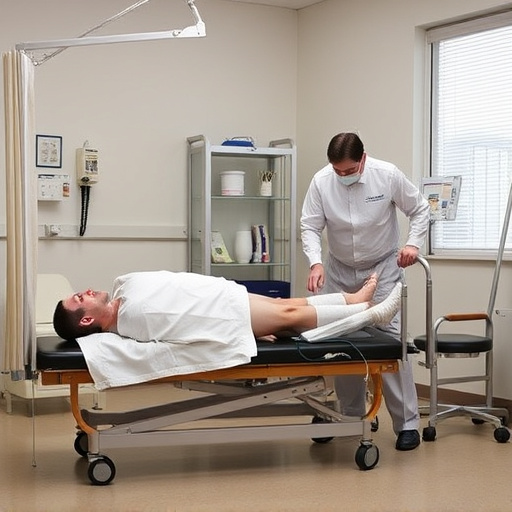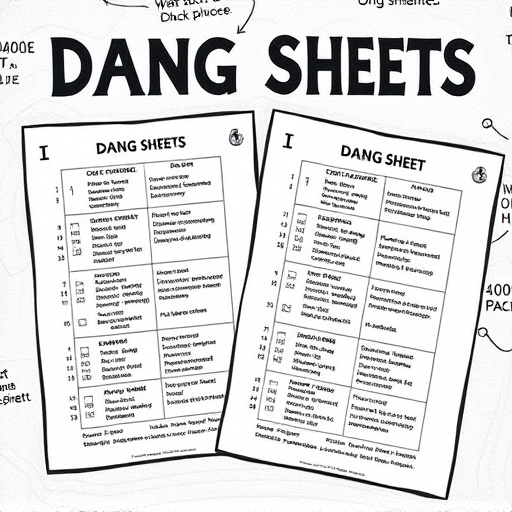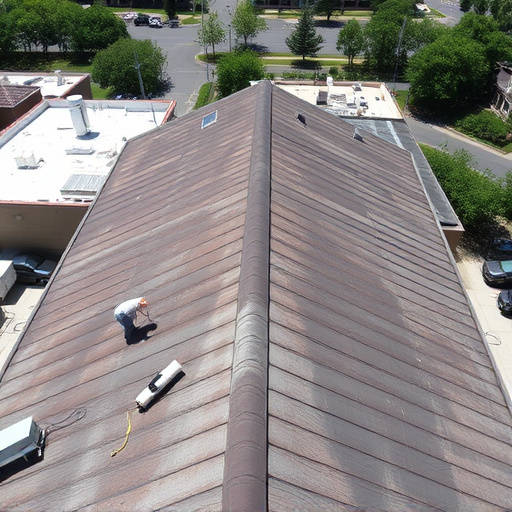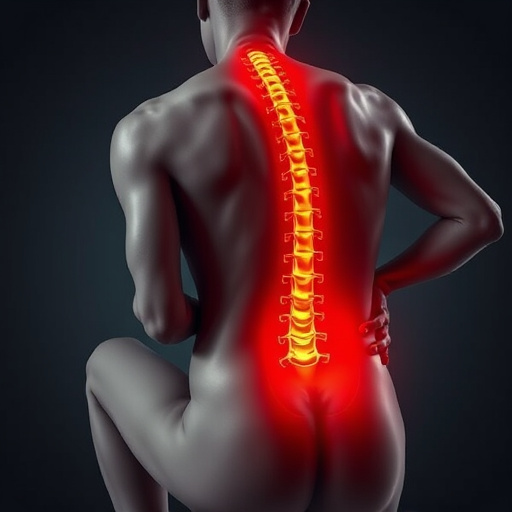Denials in spine injury workers comp claims often stem from inadequate documentation, misinterpretation of evidence, or pre-existing conditions. To successfully appeal, gather comprehensive medical records, expert opinions, and work-related information. Secure witness statements and job descriptions to prove the on-the-job nature of the injury. Understand your jurisdiction's appeals process and consider professional legal assistance for higher compensation chances.
“Navigating a denied spine injury workers’ comp claim can be challenging, but understanding the process is key. This comprehensive guide aims to empower you with strategies for appealing denials effectively. We’ll explore common reasons behind initial denials and equip you with tools to gather robust evidence. Furthermore, we delve into the legal aspects of the appeals process, ensuring your rights are protected. By following these steps, individuals with spine injuries can increase their chances of securing the compensation they deserve.”
- Understanding Denial Reasons: Common Causes and Mistakes
- Gathering Solid Evidence for a Successful Appeal
- Navigating Appeals Process: Legal Rights and Strategies
Understanding Denial Reasons: Common Causes and Mistakes

When a spine injury workers comp claim is denied, it’s crucial to understand why. Common causes often stem from misinterpreting or lacking critical evidence. Many claims are denied due to insufficient documentation of the injury’s severity or its connection to work activities. Mistakes in completing forms, failing to provide medical records detailing the extent of the injury, or not including a detailed narrative explaining how the incident led to the current condition can also be detrimental.
Additionally, insurance adjusters may deny claims based on pre-existing conditions or if they perceive the treatment as excessive or unrelated to the work injury. Understanding these denial reasons is the first step towards building a stronger case. Focusing on thorough documentation, accurate representation of medical facts, and demonstrating the direct link between the work incident and the spine injury, including any subsequent muscle recovery or sports injury treatment, can significantly improve the chances of a successful appeal. Effective communication with healthcare providers to ensure complete and precise reports is vital for neck pain relief and securing workers comp benefits.
Gathering Solid Evidence for a Successful Appeal

When appealing a denial in a spine injury workers comp claim, solid evidence is paramount. Gather comprehensive medical records detailing the extent and progression of your injury, including diagnostic images like MRI scans. These documents should outline not only the initial diagnosis but also any subsequent treatments, surgeries, or therapies, along with their outcomes. Testimonials from healthcare providers specializing in spine injuries can significantly strengthen your case, offering expert opinions on the severity and impact of your condition.
Furthermore, collect all relevant information related to your work conditions preceding the injury. This might include job descriptions, witness statements from colleagues, and any previous occupational health assessments. Demonstrating a clear link between your work activities and the spine injury is crucial for a successful appeal. Also, consider documentation related to pain management strategies attempted and their effectiveness, as well as evidence of mobility improvement efforts, all of which can contribute to presenting a compelling case for compensation.
Navigating Appeals Process: Legal Rights and Strategies

Navigating the appeals process for a spine injury workers comp claim can seem daunting, but understanding your legal rights and employing effective strategies is key to success. The first step is to gather comprehensive medical documentation detailing your injury, diagnosis, treatment plans, and their outcomes. This includes imaging reports, physician statements, and records of any surgeries or therapies. Additionally, obtain a detailed account of the incident from witnesses and a thorough job description to demonstrate how the injury occurred on the job.
Next, familiarize yourself with the appeals process specific to your jurisdiction and the governing workers comp laws. Many states have designated procedures for appealing denials, including deadlines and required forms. Consider seeking professional assistance from an attorney specializing in workers comp law or a personal injury chiropractic expert who can guide you through the process, ensure all paperwork is correctly filed, and advocate on your behalf. With the right approach, you can fight for the compensation and benefits you deserve, potentially leading to improved mobility and pinched nerve relief.
Appealing a denial in a spine injury workers’ comp claim can be complex, but with the right strategies and evidence, you can significantly improve your chances of success. By understanding common denial reasons, gathering robust medical records and expert opinions, and navigating the appeals process with professionalism, you can advocate for your rights effectively. Remember, knowledge is power, and being prepared can make all the difference in securing the benefits you deserve for your spine injury workers’ comp claim.














